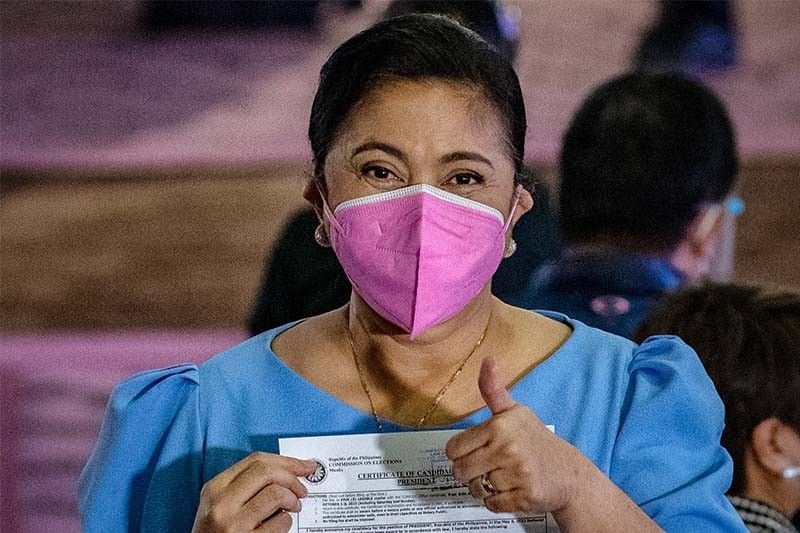With the Philippine presidential election coming up next year, Internews is supporting media organizations with fact-checking tools and guidance
Elections, social media and misinformation
The next Philippine presidential election takes place in May 2022. With the COVID-19 pandemic restricting in-person campaign events, candidates are relying more heavily on social media to reach out to voters.
Approximately 75% of the population in the Philippines uses the internet, mainly Facebook and YouTube. Other sources of information include Messenger, WhatsApp and Viber. However, due to unreliable internet coverage and paywalls, it is difficult for Filipinos to fact-check what they see in their news feeds.
This means that disinformation and misinformation about the elections can spread quickly and widely, and supporters of the five leading presidential candidates are taking advantage of this.
Fact-Checker Incubator
Internews is implementing the Philippine Fact-Checker Incubator (PFCI) to support new fact-checking organizations ahead of the elections. The selected media organizations receive a comprehensive support package that includes training, technical and financial support, mentorship, and guidance following global fact-checking standards like those of the International Fact-Checking Network (IFCN) Code of Principles.
The PFCI is established with the financial support of Facebook, and in partnership with VERA Files and Rappler.
The incubated organizations, which currently include ABS-CBN News & Current Affairs, Manila Broadcasting Company, MindaNews, Philstar.com, PressONE.ph, and Probe Productions, are encouraged to seek accreditation by IFCN, with the objective to at least double the number of Philippine accredited organizations (currently, the Philippines has only three IFCN-accredited fact-checkers).
Fact-checking articles are published on elections and other issues
With the support of mentors, the six media organizations are each required to produce six fact-checking pieces a month, during the program implementation year.
In September 2021, twelve fellows from the organizations participated in the advanced fact-checking training, which included setting up a fact-checking pipeline and corrections policy and learning about fact-check mark-up tools. “Avenues to verify facts, from metadata to visuals and the digital ecosystem are incredibly useful tools for fact-checkers,” said one participant.
As of December, 51 fact-checking pieces had been published and produced by the participating media organizations. Written in English and Filipino languages, in article and video formats, the pieces are national and local in scope, and cover topics related to the Philippine elections, government initiatives, COVID-19, and vaccines.
In response to social media posts claiming that presidential candidate Maria Leonor Robredo, the sole woman in the race, had been disqualified by the Commission on Elections, Philstar.com published an article – Fact check: Comelec has not disqualified Robredo from 2022 polls – that garnered high engagement on Facebook with 1,500 reactions, 407 comments, and 101 shares. “The propaganda machine seems formidable. Must move against these disinformation mills,” said one commenter.
Probe launched a campaign to produce fact-checking videos targeted to a younger audience. The campaign had 117,000 views, 5,300 reactions, and 1,100 comments.
PressONE observed that their fact checks in Filipino have received higher engagement than those in English; hence they intend to create more articles in Filipino and Cebuano.
Recently, the incubator organizations have been working towards meeting standards set by the IFCN Code of Principles. This includes setting up their fact-checking policy, corrections policy, and transparency page.
A fact-checking repository is expected to be launched in January and hosted under TotooBa.Info, Internews’ disinformation reporting platform.
